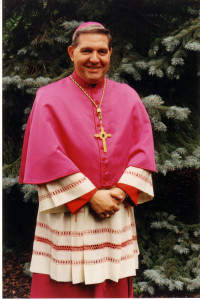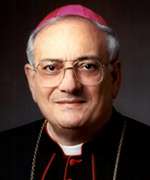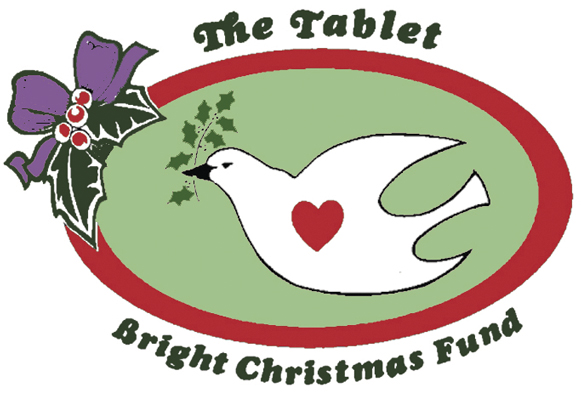Is Confession Biblical?
Often enough the sacrament of confession is misunderstood by Non-Catholics and Catholics alike. Some people feel that confession to a priest is unnecessary when they can just pray to God, while others believe that confession is unbiblical, even going so far as to say that the Catholic Church invented confession several centuries after the time of Christ. Not only was the sacrament of confession believed and practiced by the Early Christians, confession was taught by Jesus himself in the Gospel.
In Mark 2:5-10 Jesus forgives the sins of a paralytic man. The scribes that were present were appalled by the fact that Jesus (whom they did not believe was God) would have the audacity to imply that he had the authority to forgive sins. Jesus confirms that he has the authority to forgive sins in Mark 2:10 when he says, “But that you may know that the Son of Man has authority to forgive sins on earth”. What does this have to do with confession to a priest you ask? In the Gospel of John, after Jesus’ death and resurrection, he gives the Apostles the authority to forgive sins. The words that Jesus uses in John are strikingly similar to those in Mark.
John 20:21-23 reads “(Jesus) said to them again, “Peace be with you. As the Father has sent me, so I send you.” And when he had said this, he breathed on them and said to them, “Receive the holy Spirit. Whose sins you forgive are forgiven them, and whose sins you retain are retained.” Just how Jesus revealed that he has authority to forgive sins in the Gospel of Mark, he now gives that authority to the Apostles. By bestowing the Holy Spirit upon them with his breath, the Apostles have now become instruments of God’s forgiveness.
So is Confession Biblical? Not only is confession biblical but it was instituted by the God-Man Jesus Christ himself 2,000 years ago.
Did the Early Christians Practice Confession?
Not only was the Sacrament of Confession believed and practiced by the Apostles and is explicitly mentioned in the Bible, the early Church Fathers believed and taught confession as well. The early Church Fathers are the clergy, leaders, teachers, apologists and evangelists of the first couple of centuries of Christianity. Many of these Fathers were taught by the Apostles, and played a very important role in compiling the books of the Bible into the 73 Book Bible we have today.
The Fathers also played a key role in formulating from scripture and tradition the doctrines of the Church. So the fact that the Early Church fathers believed, practiced and defended the Sacrament of Confession is very significant. Below are just two of the many excerpts from various Early Church documents on Confession during the early years of the Church.
Ignatius of Antioch
“For as many as are of God and of Jesus Christ are also with the bishop. And as many as shall, in the exercise of penance, return into the unity of the Church, these, too, shall belong to God, that they may live according to Jesus Christ” (Letter to the Philadelphians 3 [A.D. 110]).
John Chrysostom
“Priests have received a power which God has given neither to angels nor to archangels. It was said to them: ‘Whatsoever you shall bind on earth shall be bound in heaven; and whatsoever you shall loose, shall be loosed.’….The Father has given all judgment to the Son. And now I see the Son placing all this power in the hands of men [Matt. 10:40; John 20:21–23]. They are raised to this dignity as if they were already gathered up to heaven” (The Priesthood 3:5 [A.D. 387]).
Why Confess to a Priest?
A common question asked regarding Confession is “Why should I confess to a Priest when I can pray directly to God?” Our God is a God of intercession. Throughout the Old and New Testaments God has used many Prophets and Angels to reveal Truth; God used sinful, imperfect men to write the Bible. God could have easily made his voice heard to the entire world at once to communicate to humanity, but he didn’t do that, God loves his creation and uses his creatures to communicate his message. In the same fashion God established priesthood, imperfect men, used as instruments to convey his love and forgiveness.
Ultimately the reason why Catholics go to a Priest for confession is not due to the idea of any Pope or Priest, but the direction of Jesus Christ himself (John 20:21-23). We as Catholic Christians are simply following what Jesus has taught us.





